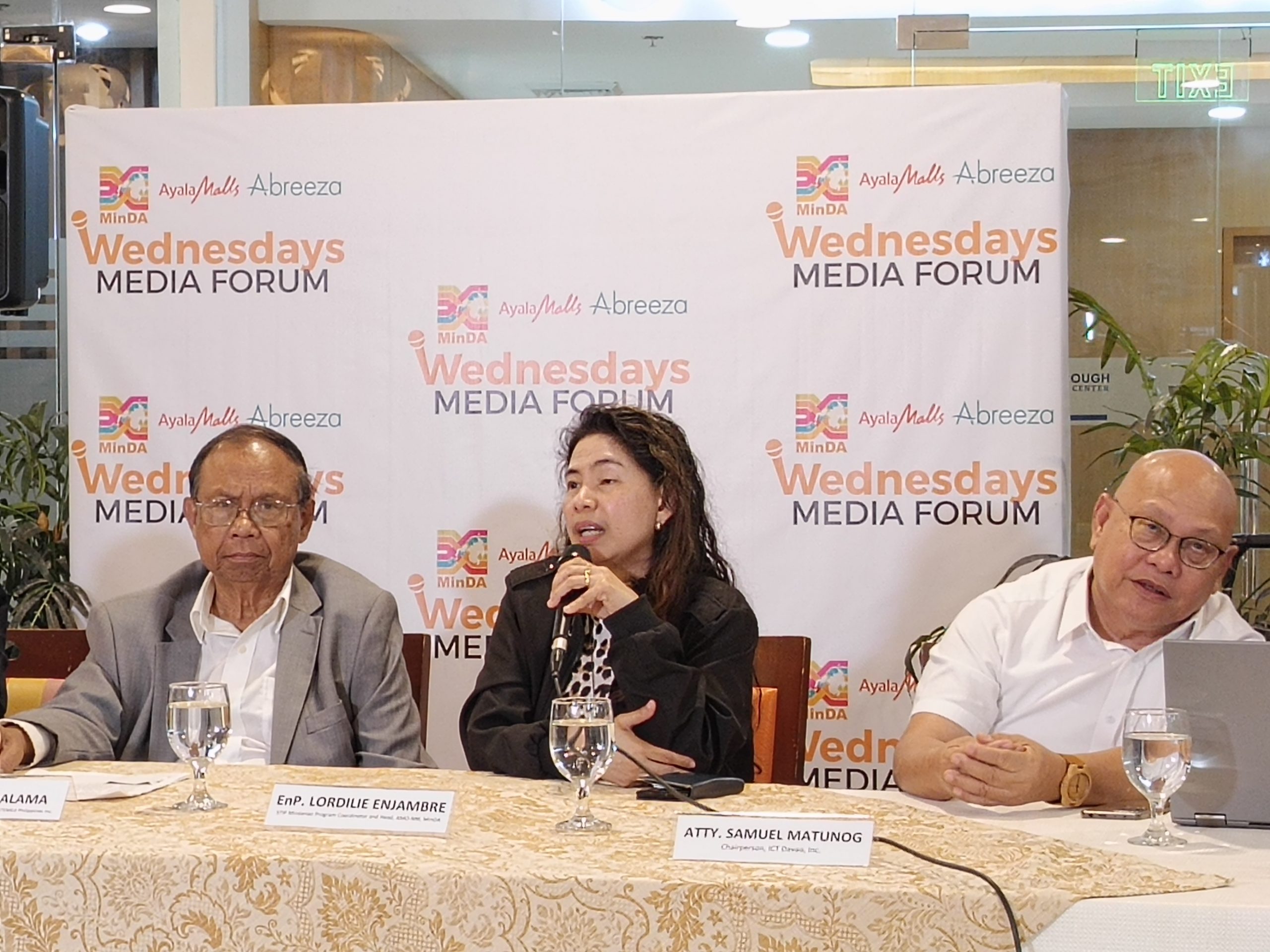THERE IS a need to institutionalize the Payment of Ecological Services (PES) Ordinance to enhance natural resources conservation, an official of Strengthening Indigenous People in Mindanao (STIP Mindanao) said Wednesday.
STIP is the newest program of the Mindanao Development Authority (MinDA) that focuses on the IP community.
During the Habi at Kape on Wednesday, Nov. 6, EnP. Lordilie Enjambre, MinDA’s STIP Mindanao program coordinator, said the PES will incentivize IPs or environmental protectors to be more engaged in conservation.
“PES is a funding mechanism more rewarding of incentives for our landholders especially our IPs so that they will be able to conduct protection activities to ensure the things we are enjoying now such as the clean water for drinking, and for hydropower will continue until the next generations to come,” she added.
Enjambre said the 1st Mindanao Payment for Ecosystem Services Conference which will take place from Nov. 18-20 will showcase best practices from which the other municipalities and cities in Mindanao can model their policies.
She cited for example the PES ordinance of Cagayan de Oro, where the local government allocates P10 million annually to fund the reforestation, afforestation, and rehabilitation projects.
She added that Davao City through the Ateneo Public Interest and Legal Advocacy (APILA) has called for the passage of such ordinance to protect the city’s watersheds.
One of the highlights of the event was the signing of memorandum of understanding between MinDA, Department of Environment and Natural Resources, National Commission on Indigenous Peoples, and the Mindanao Affairs Committee composed of all congressmen in Mindanao.
“The MOU that we will be signing by then will actually highlight the need to come up with a framework for PES because this is very crucial since we are working with the IP Communities,” she added.
The conference will serve as a platform to enhance awareness of the IPs in PES and strengthen partnerships for environmental conservation and governance.
It will also tackle the relevance of carbon credit investing and the relationship of PES and food security.
“After the conference, I hope they will be enlightened and really appreciate the need to come up with the PES ordinance,” she added.

